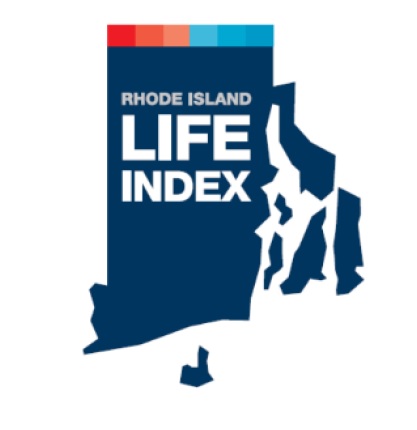PROVIDENCE – A new survey done in partnership between Blue Cross & Blue Shield of Rhode Island and the Brown University School of Public Health shows general satisfaction with programs and services for seniors and children, transportation and access to nutritious food.
During April and May of this year, the Rhode Island Life Index gathered data from 2,200 state residents about a number of factors that influence health and life quality.
Community life, household access to health care and safety topped the list of issues that survey respondents were happiest with, while housing, jobs and the quality of community earned the lowest rates of satisfaction.
Survey respondents were randomly selected and asked questions about health, social issues, access to health care and their proximity to opioid abuse.
Blue Cross plans to use the information as a base for BlueAngel Community Health Grants, a new initiative focused on community issues such as housing.
The survey tallies answers from residents of the “core cities” of Providence, Woonsocket, Central Falls and Pawtucket, where 25% or more of children are living below the federal poverty level, as well as residents of other areas. The two numbers were weighted and averaged to form one result on each question.
“The Rhode Island Life Index is truly a data resource, one that will guide us in how we assist boots-on-the-ground organizations in their essential work to improve the lives of all Rhode Islanders,” said Kim A. Keck, CEO and president of Blue Cross & Blue Shield of Rhode Island. “Armed with our vision and these data, BCBSRI will develop new approaches and strengthen existing programs to address health disparities and gaps in health outcomes. And that effort will start by directing our BlueAngel Community Health Grant Program.”
Survey results included the following rankings out of 100:
- Household access to health care: 85
- Safety: 77
- Social integration: 76
- Personal self-rated health: 74
- Access to nutritious and affordable food: 73
- Access to health care: 73
- Transportation: 71
- Community life: 70
- Programs and services for children: 63
- Jobs: 56
- Quality of community: 52
- Quality and affordability of housing: 48
- About 31% of respondents had personal experience with the opioid crisis, having either abused opioids themselves or have family or friends that did.
- Needed mental health or substance abuse treatment: 65%
- Able to get treatment: 62%
- Made a visit to the emergency room within the past 12 months: 41%
- Reported discrimination in a health care setting over the past 12 months because of race, ethnicity or some other characteristic: 7%












